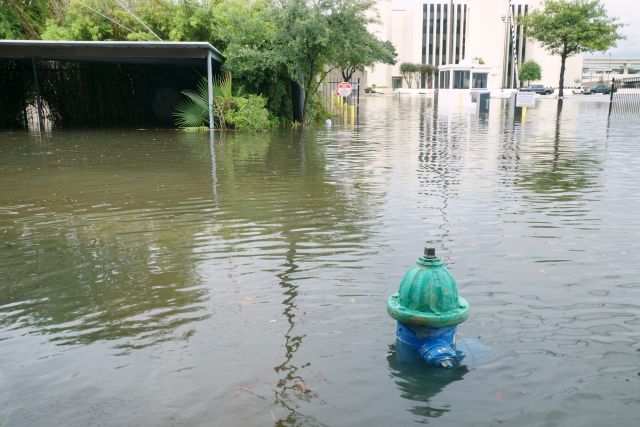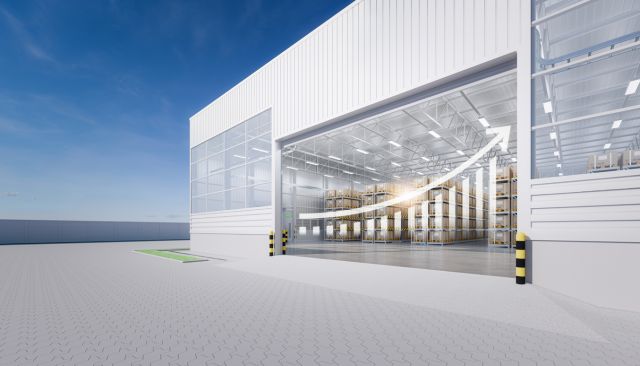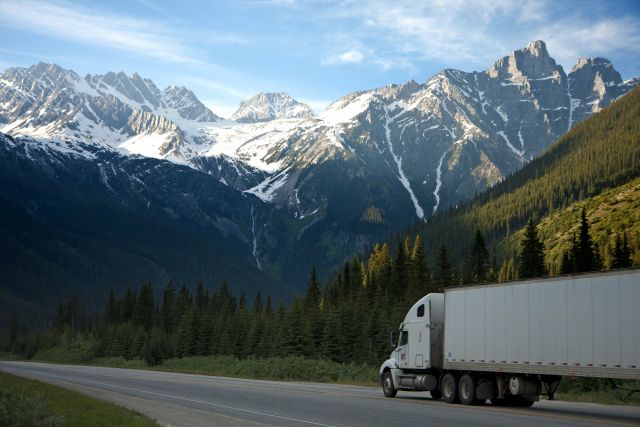Natural disasters are continuing to increase in frequency and intensity as they hit regions across North America. Earlier this summer we watched, and continue to do so, as wildfires destroy lands across British Columbia. This is happening just one year after fires swept through Fort McMurray Alberta, forcing thousands of people to evacuate their homes. In the United States, on the other hand, Hurricane Harvey is impacting Texas with a strength and duration that has not been seen in decades. Homes and businesses have been destroyed, people are being forced to evacuate, and many are wondering how Texas is going to recover from such a disaster as supplies dwindle and highways become blocked by debris from intense winds and flooding.
Rising Temperatures
We have seen an increase in the intensity of natural disasters over the past few decades, and are feeling its effects in more ways than one. While scientists do not believe that Hurricane Harvey was caused by global warming they do accredit it to amplifying the intensity of the storm. It is believed that Hurricane Harvey gained much of its force from passing over an eddy, a warm area of water, while making its way across the Gulf of Mexico. Since warmer water provides energy to tropical storms, rising sea temperatures played a role in Harvey becoming classified as a Category 4 Hurricane in a surprisingly short time span.
Rising temperatures are also to blame for the increase in wildfires along the west coast of Canada; and are expected to be the cause of more fires to come. Residents of British Columbia are also concerned about the damage that will take place after the fires cease, as fire retardant and thick clouds of smoke will not only affect the wildlife in the area but the tourism industry as well. Earlier this summer, the CBC released an interesting article on what British Columbia could look like in 2050, due to the wildfires that affected the area this year. This includes an increase in temperature, higher sea levels, melting glaciers and more. To read the full article, access it here.
With every natural disaster, there is a need for supplies such as food, water, oil, clothing, blankets and so forth, not including the equipment and lumber needed to rebuild people’s homes and businesses. Even cars and boats will be in high demand in the case of Hurricane Harvey as it is destroying everything in its path.
Impact on Logistics Companies
As logistics companies are an integral spoke in the hub of the North American economy, many are being called upon to transport materials across the country. In Canada alone, the organization, Trucks for Change, composed of over 65 carriers, have been working to provide supplies and equipment to residents and crews in British Columbia. In the United States, however, it is reported that freight companies are unable to continue their work due to the storm, causing the effects of the hurricane to spread beyond the areas that have been hit as it is affecting additional livelihoods and putting a strain on the supply and demand chain. With this strain, transport trucks will be in short supply, causing the price to hire logistics companies for the transportation of goods to increase for consumers. Noël Perry has even gone on to say that in the United States, “nearly 10% of the nation's trucking capacity could be affected by Harvey, and that prices to book big rigs have jumped anywhere from 5% to over 20% after other large-scale weather events.”
For those across the country who are fortunate not to be experiencing the direct impact of Hurricane Harvey, they will be experiencing its effects in other ways, however. Rising gas prices is just one of many changes to consider, due to the the hurricane's impact on oil refineries in Texas.
The Future
So what does the future look like for the trucking industry with an increase in natural disasters similar to what we have seen this past year? It is reported that from January to June of this year, the United States has already lost nine billion dollars due to natural disasters taking place across the country. We can bet that the latter half of the year will see losses that far outweigh that, as Hurricane Harvey continues to impact people’s lives and the economy.
Trucking companies will need to begin to address and plan for shipping issues that they may face in the event of a disaster now, such as completing orders on time, providing warehousing options for clients, reducing load amounts and pulling drivers off of the roads due to inclement weather conditions. This is easier said than done, but we do best when we learn from history. The British Columbia wildfires and Hurricane Harvey have a lot to teach us.
As the frequency and intensity of natural disasters increase across the globe, we are forced to consider how these disasters will not only affect the communities directly impacted by changing weather conditions but how it will affect the North American economy and supply chain as well.



